

1:30 am IST - 3:00 am IST
Past Event
1:30 am - 3:00 am IST
No. 6, second floor, Dr Jose P Rizal Marg, Chanakyapuri
Delhi
110021
Content from the Brookings Institution India Center is now archived. After seven years of an impactful partnership, as of September 11, 2020, Brookings India is now the Centre for Social and Economic Progress, an independent public policy institution based in India.
By Nidhi Varma
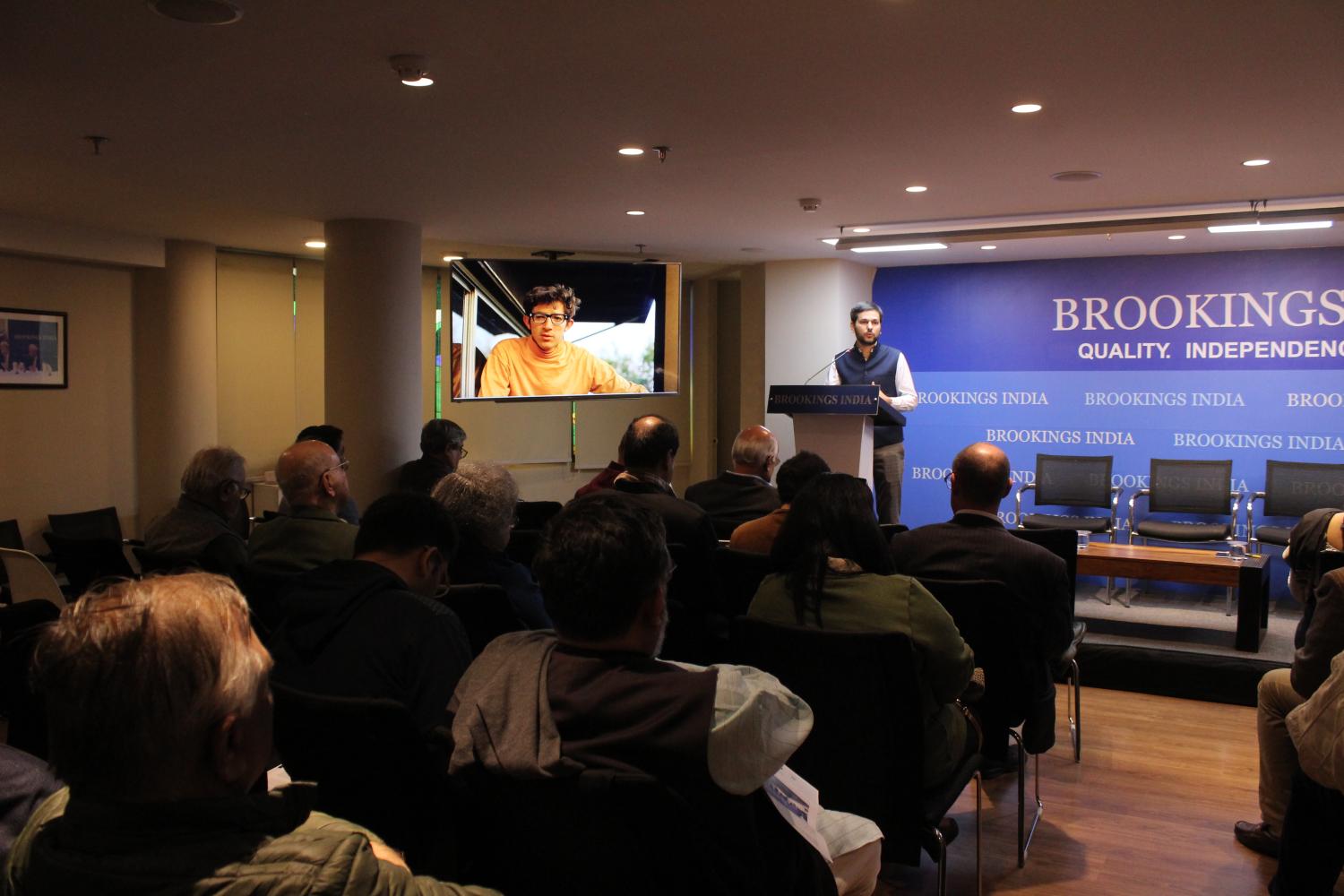

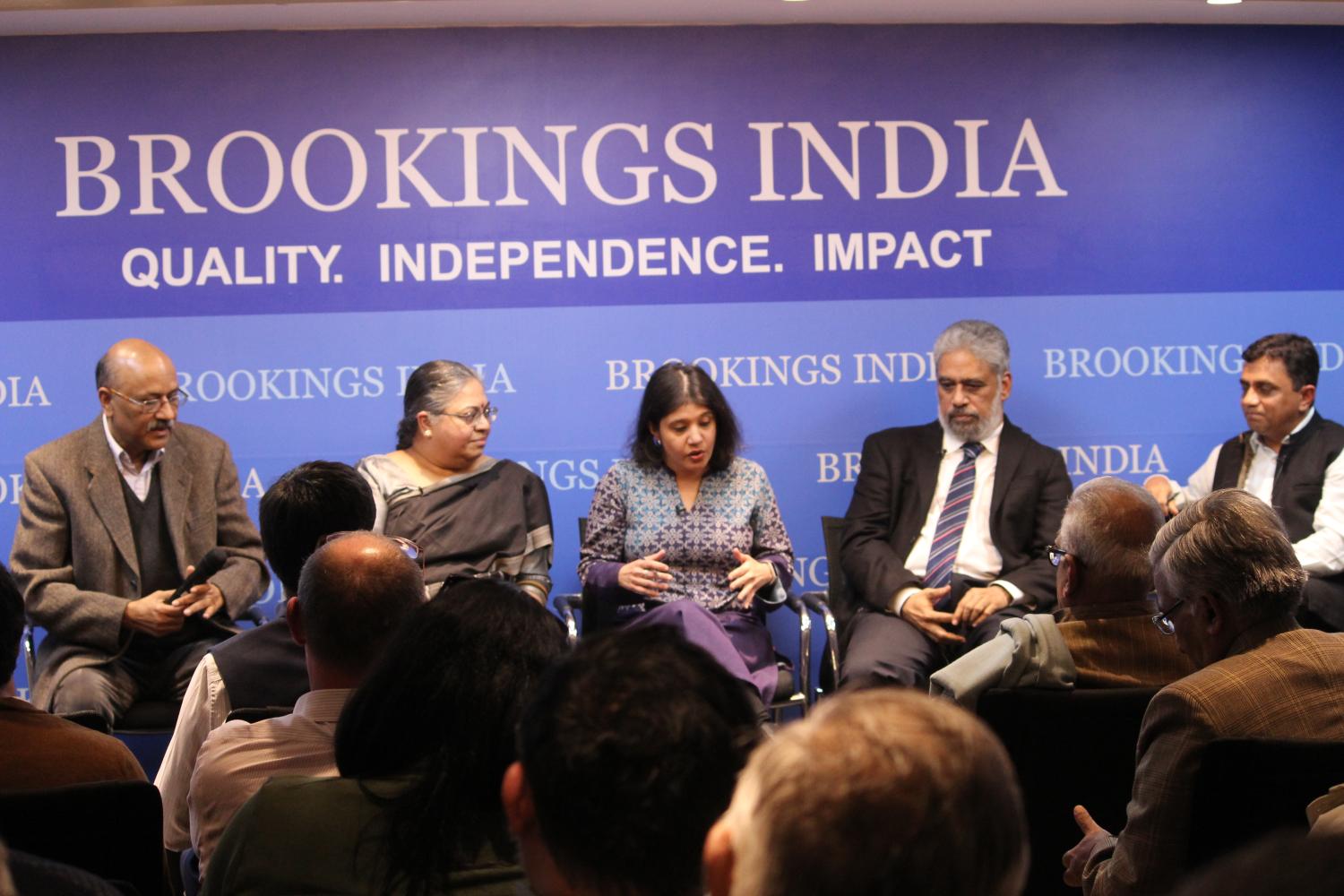
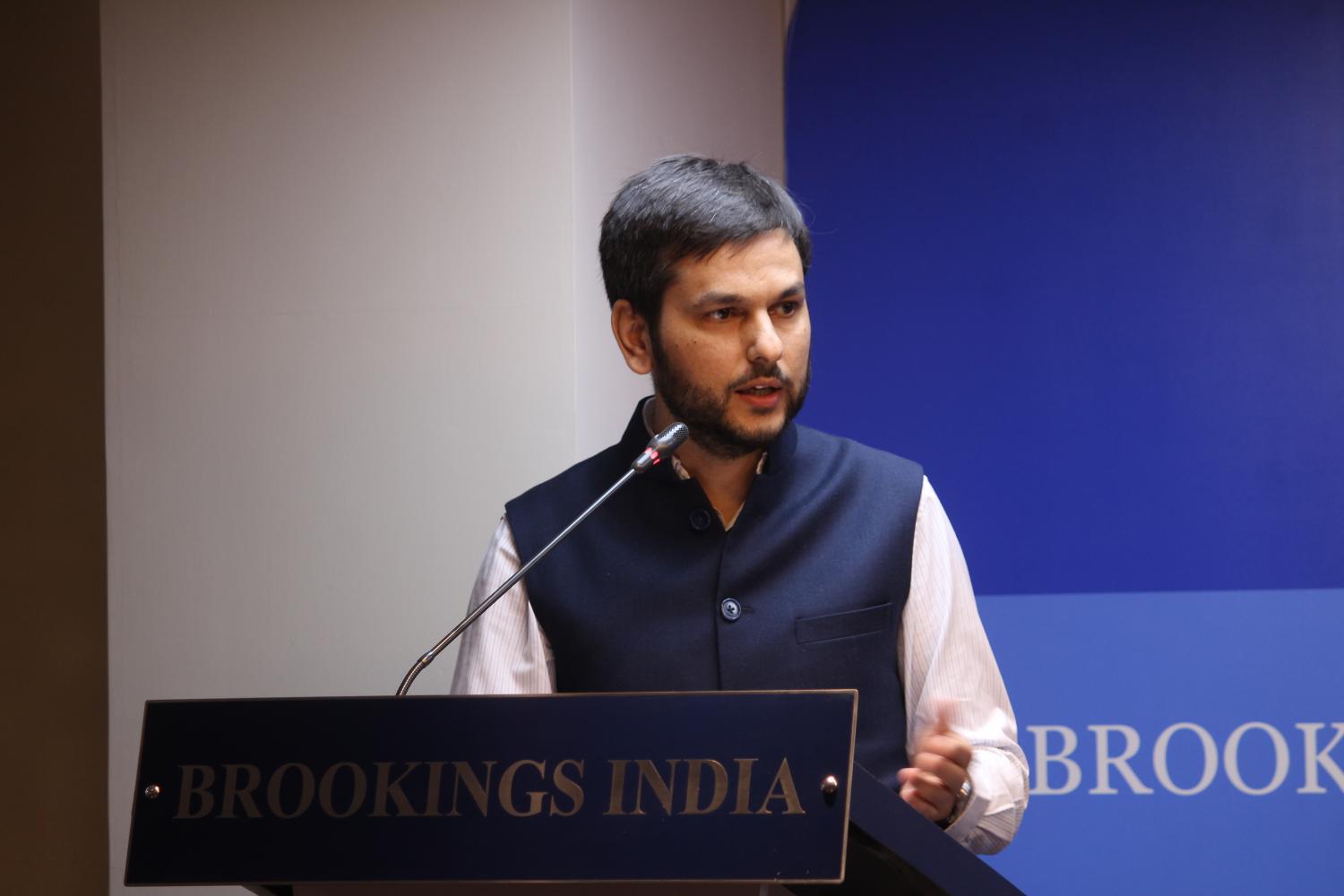
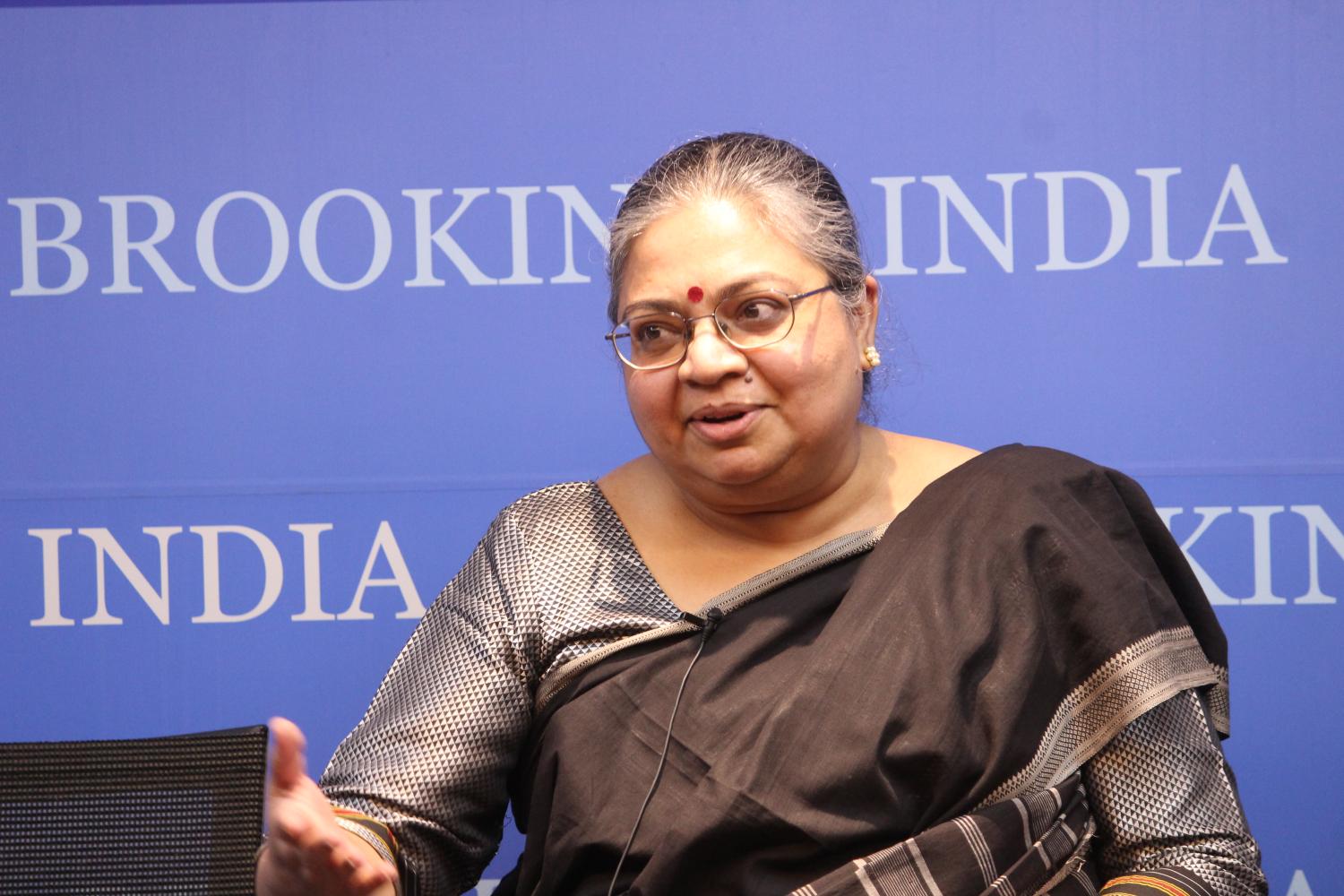
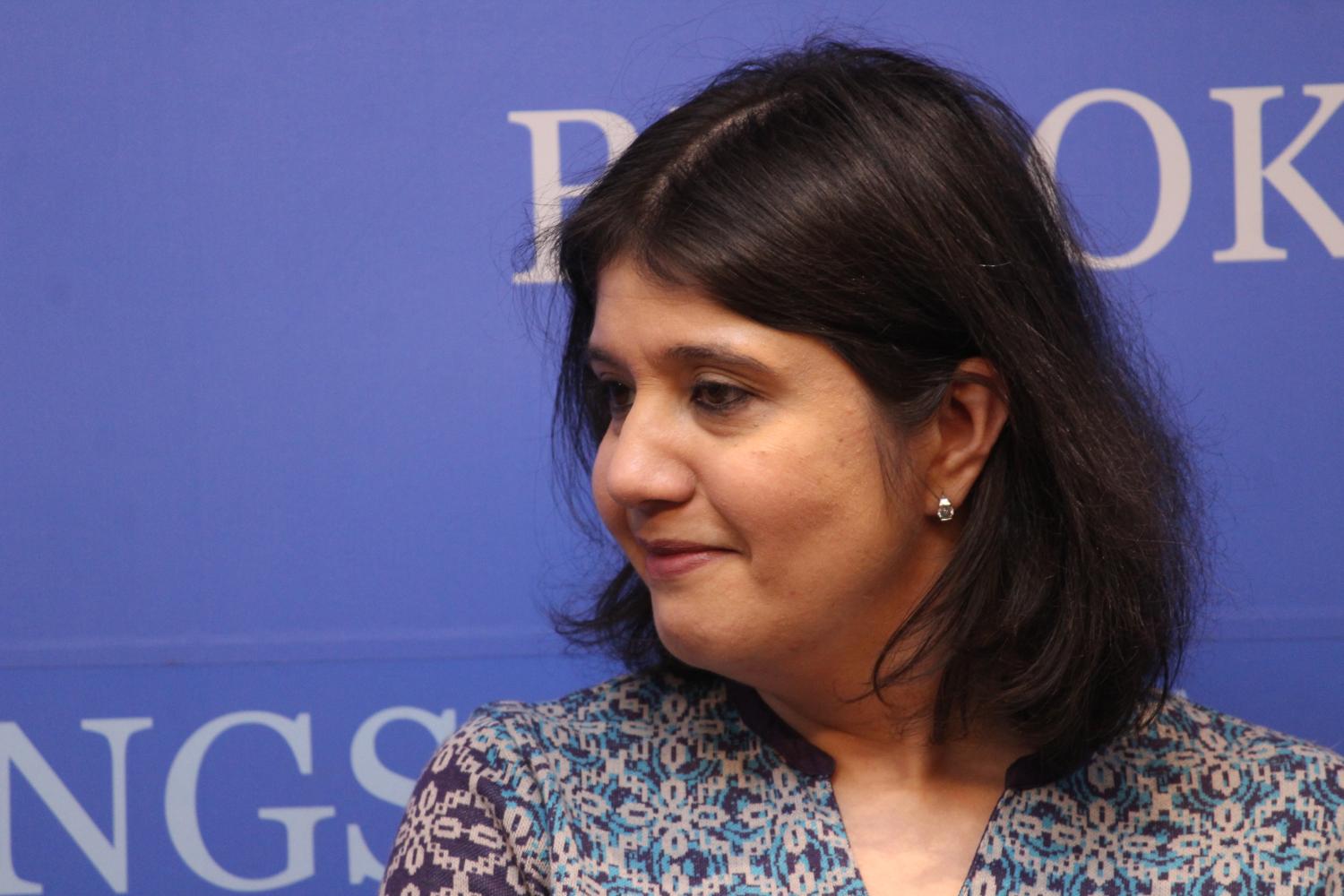
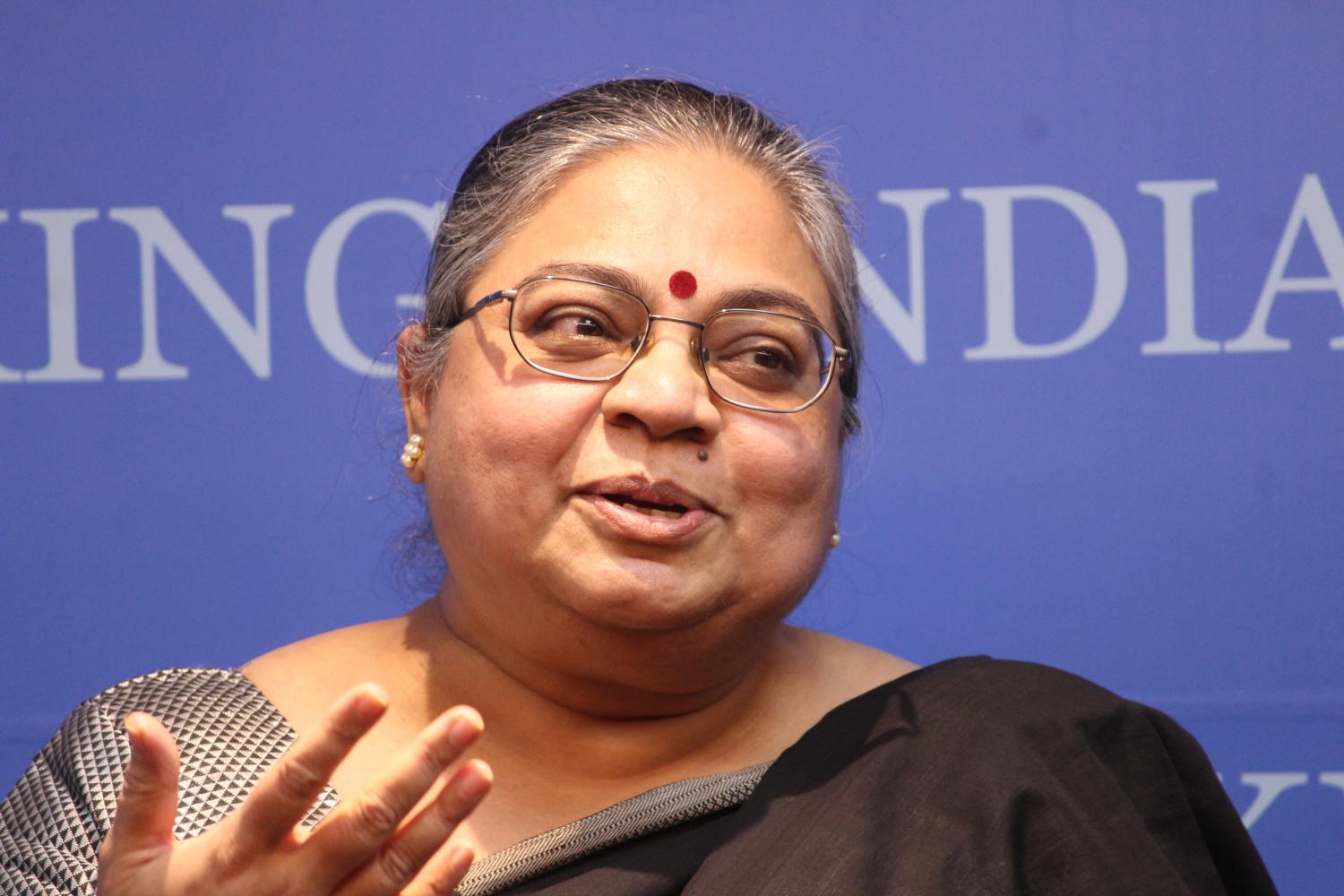
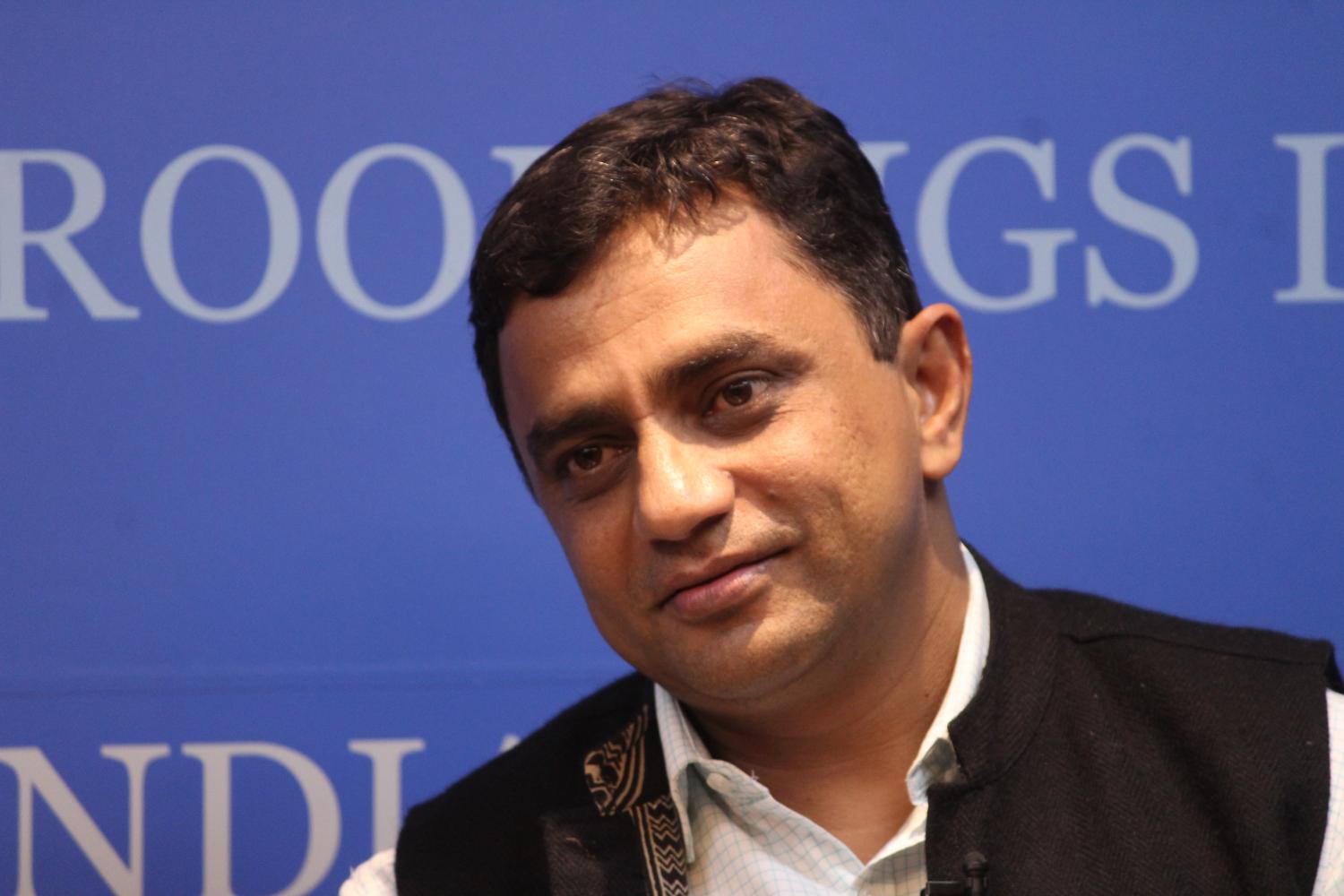
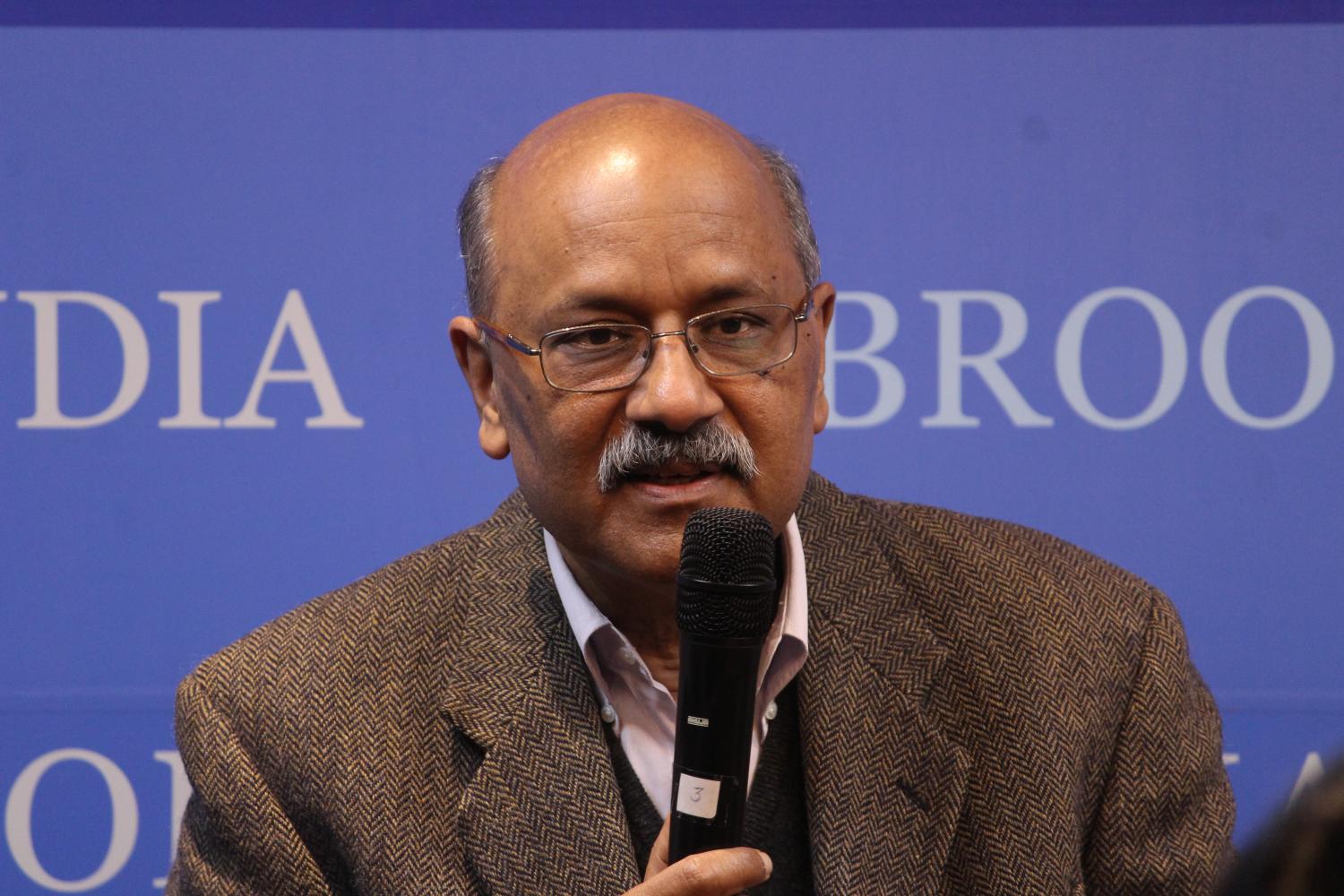
Bridging the Scholar-Practitioner Divide
Amb. Menon’s opening address discussed Prof. Cohen’s role in finding a means to bridge the gap between scholars and practitioners. Describing him as that rare academic with whom practitioners would want to talk, Menon highlighted his ability to understand the dilemma that practitioners like governments, and institutions such as armies faced in making policy choices as opposed to seeking refuge in theoretical and methodological purity. At the same time, his work on both India and Pakistan met a high standard of objectivity despite the sensitivity of the subjects he tackled. He described Cohen’s scholarship as an exemplar for public policy in terms of balancing a firm grounding in theory with an equally firm understanding of reality, along with the ability to see the connection between the two. Menon explained why he thought Cohen was so gifted in this regard “I realised something that should have been clearer to me earlier, unlike in the pure sciences, for a scholar in humanities to be good at what he or she does, and to have human impact, some human qualities are essential – empathy, the ability to see the point of view of others, and an understanding of how human’s act and feel, and these were what Stephen always brought to the table.”
Hard Security vs. Soft Security
An important theme that emerged from the discussion was how Cohen’s work and approach to engaging with his students helped expand the understanding of research in security. Panelists discussed how, at the time, most of the funding for research centered on non-proliferation and security, yet his book written with one of his graduate students on the 1977 Andhra Pradesh Cyclone was an early entrant in the field of Disaster Studies.
Dr. Rajagopalan described how enthusiastic Cohen was in encouraging students of his who expressed research interest beyond the typical hard areas of military studies, nuclear studies, the Kashmir conflict, and counter-insurgency. Rajagopalan highlighted his work in the fields of anthropology and sociology, referring to disaster management and conflict studies in South Asia. She also noted, with a tone of caution, how the discourse of security studies in Delhi remains male-dominated and disconnected to the realities and sensitivities of the rest of the country. Cohen, as she recalled, was very open to chairing discussions on feminist foreign policy and could look at security through a gender-neutral lens.
Biases in Scholarship
The panel discussion focused not just on the depth and breadth of Cohen’s work but also some of the limitations and biases that were a result of his position as an American scholar in a tumultuous time period. An important point discussed in greater detail by JNU Emeritus Prof. S.D. Muni during the Q&A session was how the context of the time-period, with the U.S. focus on non-proliferation, could be seen in his engagements with both India and Pakistan. Muni noted “Steve was also a product of the context in which he worked, and therefore at that time the U.S. agenda being non-proliferation in South Asia was paddled, that’s where a lot of the so-called hostility and argumentation between Indians and Steve really came up.”
Dr. Raja Mohan, commenting on the field of South Asian scholarship, made an important point on how it is incumbent today for India to move beyond being just an object of study. He noted that while it is crucial for Indian scholars to go to the United States to study India, there is a growing need for Indians to understand the U.S. and its changes there. Raja Mohan recommended increased focus on expanding American studies, centres, and expertise within India.
Historical Issues of Access
The panel discussion emphasised the unique ability that Cohen had in using his position to gain levels of access that was rare for the time. Dr. Mukherjee recalled how Cohen first visited India during the period of 1963-65 and had unparalleled access to Indian establishments such as army cantonments where he was able to interview high-level officials across sectors. His interview notes included interviews with the likes of B.M. Kaul and Krishna Menon. Mukherjee noted that India later closed up in the 1970s, “I think we lost a generation of American scholars working on India at that point of time”. Raja Mohan also described how difficult it was for American scholars at the time to gain access to Indian sources, especially in comparison to the open reception that was afforded to them by Pakistan. This was, in large part, due to the deep suspicion that existed in the Indian establishment during a turbulent period of India-U.S relations starting from the 1960s. He described it as India’s turn towards a more “xenophobic direction which entailed a distrust of outsiders.”
The discussions touched upon Cohen’s ability to navigate that space and come out with work that both India and Pakistan accepted as legitimate, as well as the role that this work played in laying the foundations for an environment more open to scholar-practitioner interaction.

Joshua T. White
May 14, 2025

Tanvi Madan
May 12, 2025

Aleksandr Kuzmenchuk, Constantino Xavier
March 12, 2025